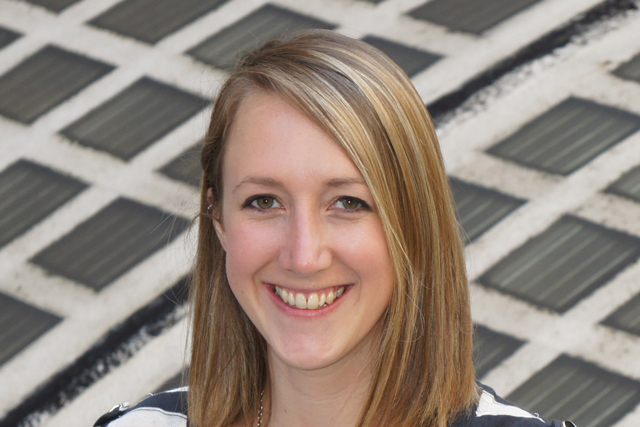In an industry where we know and embrace the power of words it’s odd that we pay so little attention to the everyday language we use.
In advertising we tinker and tweak copy until we have precisely the right phrase for our audience.
However, in our day to day business lives - in our interaction with colleagues and clients - I think we dismiss the role language has to play and underestimate the effect it has on us and our work.
By stealth, some of the language we’ve adopted has become something of an undercover enemy.
How many times have you said "we need to present this to the client next week?" Why present? Why not just share? Presenting brings with it formalities, pressure, foregone conclusions. Sharing suggests generosity, collaboration, room for movement and improvement.
It's not just about interaction with clients either; how we talk to colleagues makes a big difference to the business and its culture.
At ais London, until recently we called our first official meeting with a creative team after a briefing a ‘review’.
Immediately we've created an unnecessary hierarchy and pressure on the team. Taken at face value a 'review' implies someone superior coming in and saying what's right and what's wrong.
Not only that, it suggests the need for fully formed ideas before the input of both planners and account handlers.
For me, it’s always nice to see loose ideas, that aren’t fully formulated, so you can direct the idea as a team, which together brings a creative view, a business view and a consumer view. This first meeting is now simply called a catch up.
As in any industry, we have regular feedback sessions on our work, and practices. This is a healthy and necessary process.
However, I bet we all approach these sessions differently when they are called ‘post mortems’. Feedback is a two way street, there to illuminate. Post mortem, well it doesn’t suggest anything good does it?
I know this doesn’t sound like big picture territory, but language is fundamental to how most of us communicate.
Financial, medical and even the beauty industries sometimes use language to intimidate, impress or confuse. Jargon, in any business serves a purpose; it’s meant to streamline, but actually it tends to isolate and create cliques.
I’m not advocating the use of euphemism either - we are all familiar with the gruesome ‘collateral damage’, the prim ‘comfort break’ and the newspaper favourite ‘tired and emotional’. This is the language of embarrassment, not clarity.
We know professionally what good and what harm a well, or ill-chosen phrase can do to a brand, so it makes sense that the same applies to people.
Part of the problem is our need to legitimise what we see as basic issues, concepts and work.
We over complicate to appear, brighter, smarter or more switched on. It’s why ‘bollocks bingo’ exists.
We are all aware of how pointless, confusing and aggressive some of our terms are, but feel bad about asking for simplicity.
The funny thing is, we make work, concepts and arguments for our clients as transparent and inclusive as we can - it’s time we starting respecting ourselves just as much.


